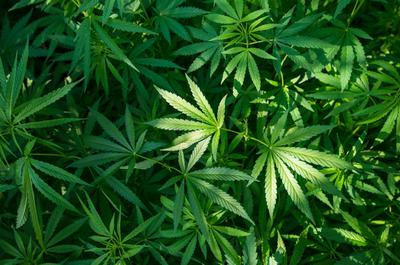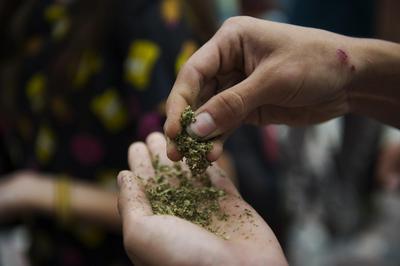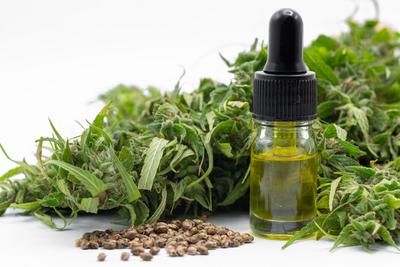Know Your Rights: Legal Hemp Products Can Trigger False Positives in Drug Tests
Legal hemp products are widely available, but many people don't realize they can still trigger a positive drug test. In this blog, attorney Tom Church explains how current drug testing methods fail to account for legal THC variants, what that means for consumers, and what rights you have if you test positive after using hemp-derived products.
Listen to article

The Legalization of Hemp and Its Impact
Since the passage of the 2018 Federal Farm Bill, cannabis and certain cannabis-infused products containing low amounts of THC have been legal in almost every state in the U.S. as "hemp," even in those states where marijuana is still illegal. As a result, state and local governments have had to play "catch up" and update their laws and policies to recognize that people can now purchase and consume legal products like gummies, vapes, and cigarettes that contain THC and other intoxicating cannabinoids. That's also been true for employers, court supervisors, and other organizations that have rules or policies regarding illegal drug use.
Legal Definition of Hemp and THC Variants
Under federal law and most state laws, any cannabis plant or cannabis product that contains less than 0.3% Delta-9-THC is legally considered "hemp" and is thus exempt from the criminal definitions of "marijuana" and "THC." Delta-9-THC, most commonly referred to as just "THC," is the isomer of tetrahydrocannabinol that is most well known for creating a "high" when consumed. Cannabis plants contain hundreds of "cannabinoids," however, including CBD, CBG, and other forms of THC like Delta-8-THC and Delta-10-THC.
Challenges with Drug Testing for Legal Hemp Products
While these cannabis products are now legal, their legalization has caused problems with law enforcement, employers, the court system, and other institutions that regulate drugs or screen for illegal drug use.
As far as drug tests go, that's because most drug tests administered by employers, probation officers, and other organizations are not accurately calibrated to recognize that some forms and amounts of THC are now legal. Several studies have found that, while some hemp products like CBD or CBG do not trigger positive drug tests, products that have small amounts of Delta-9-THC, even well below the legal limit of 0.3%, can cause a consumer to fail a drug test by testing positive for THC. In fact, there are some kinds of products, such as those containing Delta-8-THC or Delta-10-THC, that will trigger a "positive" drug test result even if the product contains absolutely no Delta-9-THC.

Know Your Rights if You Test Positive
It's important for people to know not only what they are buying, but also what their rights are. If you get a "positive" result on a drug test based on consuming legal hemp products, for example, that does not necessarily mean you "failed" the drug test, and that may not be enough for an employer, probation officer, or anyone else to take adverse action against you.
If you need legal guidance regarding a drug test result, The Church Law Firm provides resources and representation for individuals facing legal challenges related to employment drug testing and cannabis laws.
Legal Precedents: A North Carolina Case
In a recent federal case out of North Carolina, for example, a woman sued her employer for discrimination after she was fired for failing drug tests, which had tested "positive" for THC. The woman had not been smoking marijuana or Delta-9-THC, however, but rather CBD and Delta-8. Her tests were "positive" based on her use of these legal products. While she did not win her case, since she never presented actual evidence that the products she consumed were, in fact, compliant, the Court recognized that these products were legal and that, generally speaking, individuals cannot be targeted based on their lawful use of those products.
Every case is different, of course, and the laws of the state you live in are important in determining if you have any rights to recourse after "failing" a drug test based on consuming legal hemp products. In the North Carolina case, above, for example, there is a specific state law prohibiting employers from firing employees based on their lawfully using legal products.
If you are a consumer of legal hemp products, it is important now more than ever to know what you're buying, whether it's compliant with the law, and what your rights are in case you are wrongfully targeted for using a legal product.






